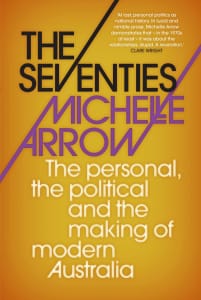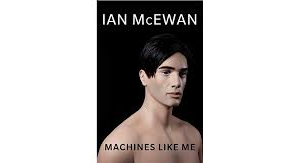The Seventies: The personal, the political and the making of modern Australia
The oldest amongst us remember the seventies as the decade that shaped the remainder of the twentieth century, whether we were actively involved in social movements or not. For the activists, it’s the decade that brings to the fore all our nostalgia, for the drama, the demonstrations, the endless campaigns, the excitement of the Whitlam reforms, the unrelenting work and for the music and the fun.
This book covers two of the most important movements for change—for the improvement in the status of women, and the struggle for the rights of the gay community.
Its major focus and argument is that these social movements for the first time demonstrated that the personal was political—that for women, ‘the problem with no name’ (defined by the American feminist, Betty Friedan, as the isolation and the frustration of suburban housewives), it was not just an individual problem, but one which affected all aspects of their lives. This also included the workforce, from which women were largely excluded. Thus childcare, for example, became not just an issue for the individual families, but for the economy as a whole.
I had some reservations about this book being promoted as the definitive look at the decade. For me, an old Victorian, it was much too Sydney-centric and did not give nearly enough credit to the hundreds of women who have written about the period. However, as an introduction to this vast topic, it is an accessible and easy read. I know little about the gay rights movement, so can’t really comment on that aspect of the book. If you are a Victorian tragic like me, try to get hold of a new book by Iola Mathews, Winning for Women, her personal account of the campaigns within the unions and the Labor Party for equal working rights for women—a terrific piece of research by a woman who was at the centre of it all.



